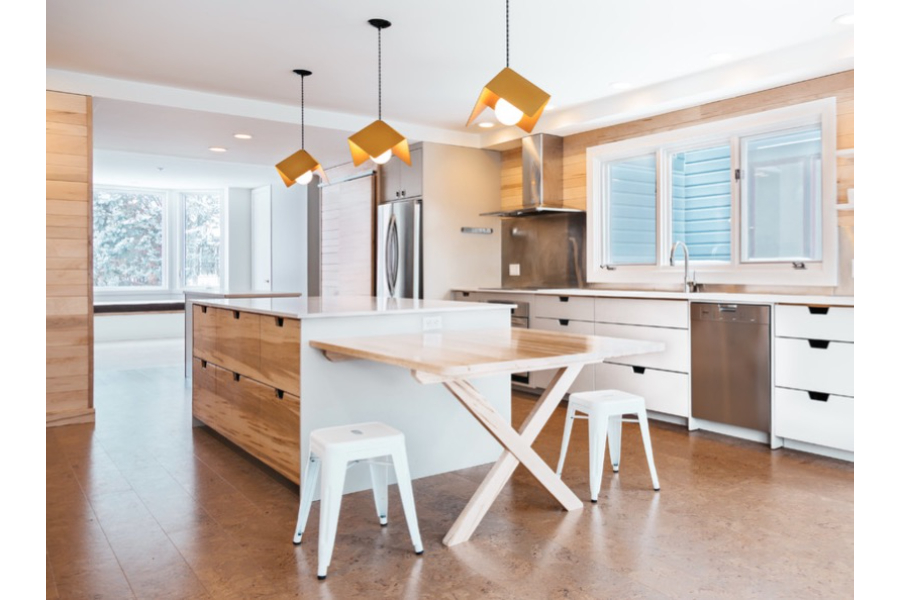
Pool builders are adding hot water systems to improve swimming as demand for year-round pools rises. Homeowners want a warm pool even in cooler months. We discuss how pool architects may assure effective hot water systems in pools, producing a nice and relaxing refuge.
Comprehensive Site Analysis
A thorough site survey is essential for a successful hot water system in a pool. Pool builders st louis must consider location, environment, and weather while choosing heating options. Selecting the most efficient and effective heating system depends on sunlight, wind exposure, and ambient temperatures. Pool builders can optimize performance and energy efficiency by customizing the hot water system after a comprehensive site research.
Selection of Heating Systems
Swimming pool builders have a variety of heating systems to select from, each with its own benefits and considerations. Pool heating systems have three main types:
Solar Heating
Solar panels heat pool water by absorbing sunlight. This eco-friendly choice works well in sunny areas. Solar panels can be deliberately placed by pool designers to maximize exposure and energy absorption.
Heat pumps
Heat pumps distribute atmospheric heat to pool water. They are energy-efficient but may be affected by air temperature. Pool builders should recommend heat pumps based on climate and location characteristics.
Gas heaters
Gas heaters quickly heat pool water with propane or natural gas. Fast and consistent heating makes this option ideal for on-demand warmth. Pool builders can help homeowners choose a gas heater depending on pool size, temperature, and fuel availability.
Proper Sizing and Capacity
Ensuring correct hot water system sizing and capacity is essential for ensuring energy efficiency and reaching targeted temperatures. In addition to size, shape, and depth, pool builders must consider insulation, cover usage, and heating time.
Undersized heating systems may struggle to heat water, resulting in inefficiency and higher expenses. However, a large system may waste energy and cost more. Pool builders must carefully evaluate heating needs and select a system that meets pool regulations.
Installation of Pool Covers
Installing pool covers is crucial for keeping heat and boosting hot water system efficiency. Pool builders should tell homeowners how pool covers reduce evaporation, energy use, and extension of the swimming season.
Automatic or manual pool covers improve insulation, safety, and cleanliness. Pool designers can effortlessly incorporate cover systems into pool design for functionality and beauty.
Integration with Smart Technology
Integrating smart technology into hot water systems improves control, energy economy, and convenience. Pool builders can recommend and install smart thermostats, controllers, and automation systems to remotely manage pool temperature, optimize heating schedules, and monitor energy usage.
Regular Maintenance and Service
Regular maintenance and service are crucial for the longevity and optimal functioning of hot water systems. Pool builders should emphasize the necessity of this. Scheduled inspections, cleaning, and troubleshooting help prevent costly repairs and maintain operation. Pool builders can give maintenance packages or suggestions to homeowners to encourage proactive hot water system care and lengthen heating equipment life.
Conclusion
Hot water systems are increasingly used in pool building due to the desire for year-round swimming. Pool builders who focus site study, heating system selection, sizing, pool covers, smart technology, energy efficiency education, and regular maintenance can create hot water systems that enhance the pool experience. Pool builders can fulfil clients’ changing expectations and lead in creative and sustainable pool solutions by adopting these tactics.
